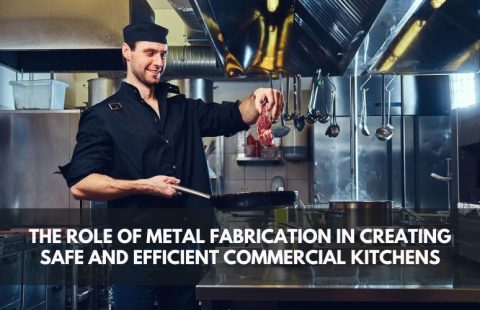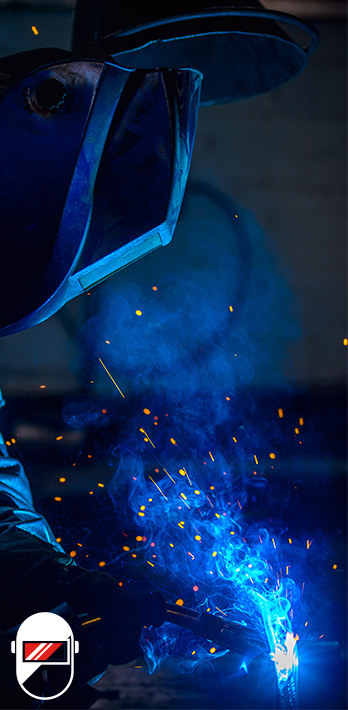
Understanding the Importance of Sustainability in Commercial Casework Manufacturing
The health of our environment is of utmost importance to us as well as impact our future generations too. In this era the importance of sustainability has been the most recognized term in all industrial areas specially in commercial casework manufacturing.This is because the manufacturing of cabinets, counters, and other storage and display units can have a significant environmental impact if not carried out in a sustainable manner.
In this article let’s discuss the importance of sustainability in commercial casework manufacturing………..
Environmental impact of commercial casework manufacturing

The environmental impact of commercial casework manufacturing is quite significant.. According to the United States Environmental Protection Agency, the manufacturing sector is responsible for greenhouse gas emissions, energy consumption, and waste production.The use of non-renewable materials can lead to deforestation and resource depletion. Additionally, the disposal of commercial casework products can contribute to landfill waste. Thus by using eco-friendly materials, reducing waste and emissions, and implementing energy-efficient processes, the environmental impact of commercial casework manufacturing can be noticeably decreased.
Benefits of adopting sustainable practices in commercial casework manufacturing
Embracing sustainable practices is not only trendy but it makes the organizations more efficient, competitive and profitable.Adopting sustainable practices in commercial casework manufacturing can bring numerous benefits enlisted as –
- Reduce energy related costs
- Attract new customers and increase sales
- Minimizing waste emission and resource depletion
- Tax incentives
- Boost workers morale
- Increase company’s reputation and brand image
Sustainable materials and their use in commercial casework manufacturing
Global warming and the effect of climatic changes makes it essential for commercial casework manufacturers to use sustainable materials.It helps to minimize these impacts making it easier to create eco-friendly structures.
The materials which can be used are –
- Reclaimed Wood – Reclaimed wood is lumber salvaged from old buildings, barns, or other structures. It is strong, durable, and can be used for commercial casework as it reduces the need for new wood, preventing deforestation and waste.
- Bamboo – Bamboo is a fast-growing, renewable resource that can be used as an alternative to hardwood. It’s lightweight and strong making it an excellent material for cabinetry and structural support. It can be harvested without contributing to deforestation
- Wheatboard – It is a byproduct of wheat and is made from wheat straw. It is a sustainable alternative medium-density fiberboard and particleboard.
- Recycled Plastic – It is durable and made from post consumer waste and requires less energy to manufacture.
- Cork – We get it from the bark of cork oak trees, is a renewable and biodegradable material that can be used in commercial casework manufacturing.
- Mycelium – Mycelium is the root-like structure of fungi that can be used as a sustainable material. It’s lightweight, renewable, and used for biodegradable packaging and furniture components.
Energy-efficient processes in commercial casework manufacturing

Energy efficiency is denoted as the use of less energy to produce the same result.Energy-efficient processes use methods to reduce energy consumption while producing high end products.This can be achieved through the use of advanced technology, efficient equipment, and better energy management practices. Energy-efficient processes may include optimizing cutting patterns to reduce material waste, using LED lighting systems and solar energy. These processes reduce the environmental impact of casework manufacturing . It also provides cost savings for companies through reduced energy bills.
Waste reduction and management in commercial casework manufacturing
Waste reduction and management in commercial casework manufacturing refers to implementing steps to minimize the amount of waste generated during the manufacturing process and managing any waste that is produced in an effective manner. This can be achieved through numerous techniques such as improving material usage, recycling, composting, and application of sustainable practices. Application of waste reduction and management in commercial casework manufacturing can lead to cost savings, minimize environmental impact and improve overall efficiency.Moreover it boosts up public relations by showcasing the companies dedication to sustainability.
Future trends and innovations in sustainable commercial casework manufacturing
Future trends and innovations in sustainable commercial casework manufacturing centres around creating eco-friendly and sustainable products without compromising on quality.These technological advancements in the manufacturing sector lead to a rise in the world economy.One of the primary areas of focus is to use renewable materials and to reduce wastes.Use of biodegradable adhesives, using solar energy, water and waste management using closed loop systems are some innovative trends in commercial casework manufacturing.These trends and innovations will continue to drive the industry forward towards a more sustainable future.
Conclusion
To sum up, sustainability plays an immense role in the future of commercial casework manufacturing. Businesses can reduce the environmental impact, improve efficiency by adopting sustainable practices which enhance their brand value and showcase them as a responsible corporate citizen. By prioritizing sustainability, businesses can prosper in a rapidly changing global market by creating a better future for themselves, their customers, and our planet.



